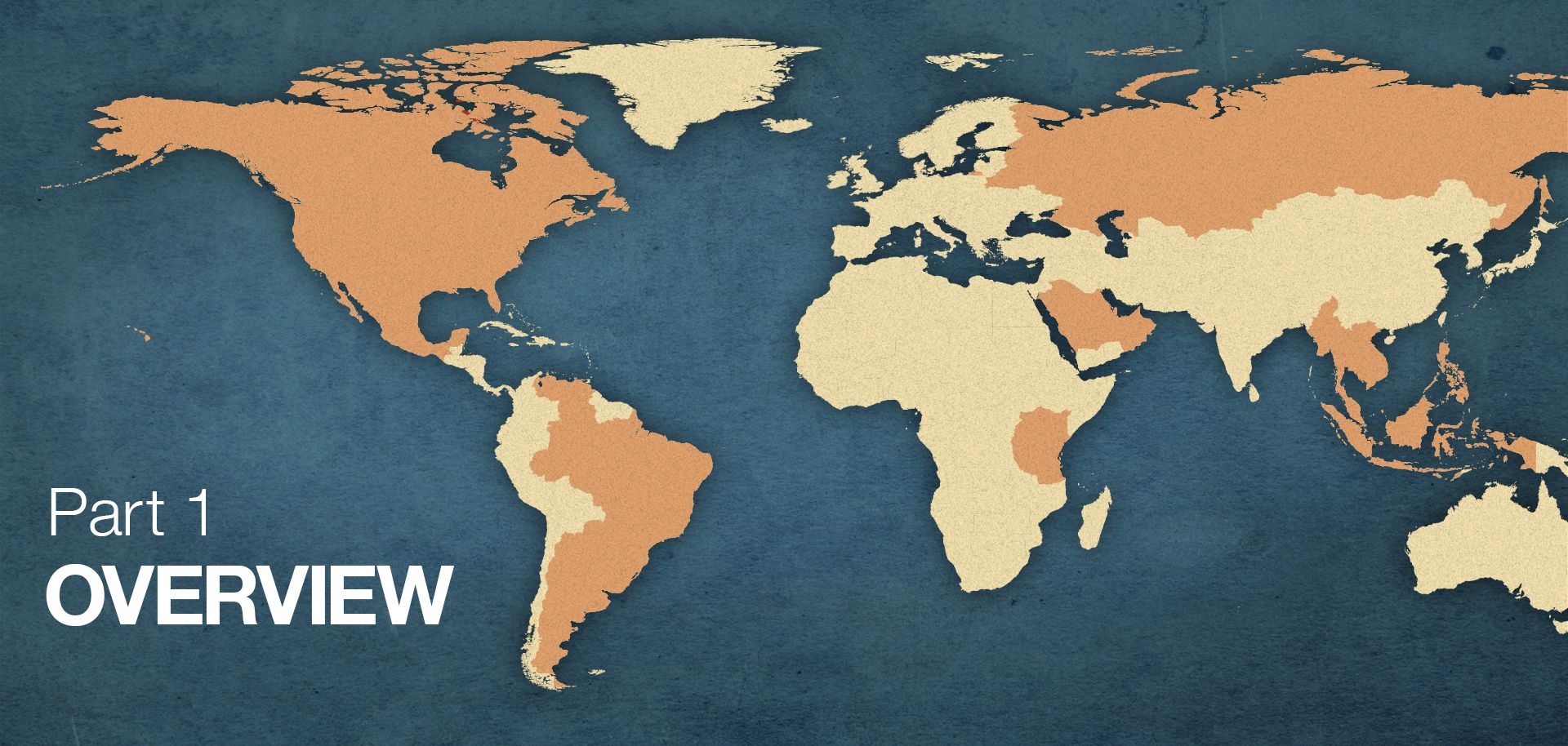ASSESSMENTS
The European Union: A Cautionary Tale
Sep 12, 2016 | 09:00 GMT

(Stratfor)
Summary
Editor's Note: This is the first installment of a seven-part series examining how the world's regional economic blocs are faring as the largest of them — the European Union — continues to fragment.
Britain's decision to leave the European Union is a lesson in moderation. The story of the Continental bloc began with the 1952 creation of the Coal and Steel Community, a common market for coal, steel and iron ore that encompassed France, Italy, West Germany, Belgium, the Netherlands and Luxembourg. Despite its modest beginnings, the organization oozed with ambition. As Winston Churchill put it in 1946, "We must build a kind of United States of Europe." The fervor that accompanied his call was understandable; Europe had been devastated by two World Wars, and nobody wanted to see that horrible history repeated. The Continent's attention, therefore, had to be shifted away from military matters and toward the common goal of economic prosperity.
Europe's core powers remained fixated on the idea of building an "ever closer union," moving beyond the foundation of the modern common market in 1992 to establish a monetary union a decade later, all the while holding out hope that they could someday create a political federation of European states. For the United Kingdom, however, this was too much to bear; it saw the dangers of institutionalizing away its sovereignty and preferred instead to stick to the virtues of market integration. London's concerns were only reinforced as the European Union expanded eastward, drawing scrutiny to the principle of the free movement of people. Considering the United Kingdom had always carefully held itself back from the bloc by refusing eurozone membership, it was only natural that it should also be the first to head for the exit when Europe's biggest powers tried to present ever-deeper integration as the answer to the union's existential crisis. After all, from the British perspective it was the overzealousness of the European Union's goals that got the bloc into its current predicament in the first place. A majority of British voters concluded that it would be better to bail out now than be stuck with a burden of Continental proportions later.
Now that the United Kingdom has made its choice, it will negotiate a new precedent in Europe, maintaining most of the benefits of the common market while placing tight restrictions on immigration. Euroskeptic forces across the Continent, in kind, will take note and make their own demands. Nations will reassert their interests, members will reclaim their powers and like-minded countries will band together, returning Europe to its more fragmented — and arguably more natural — former self.
Subscribe Now
SubscribeAlready have an account?
